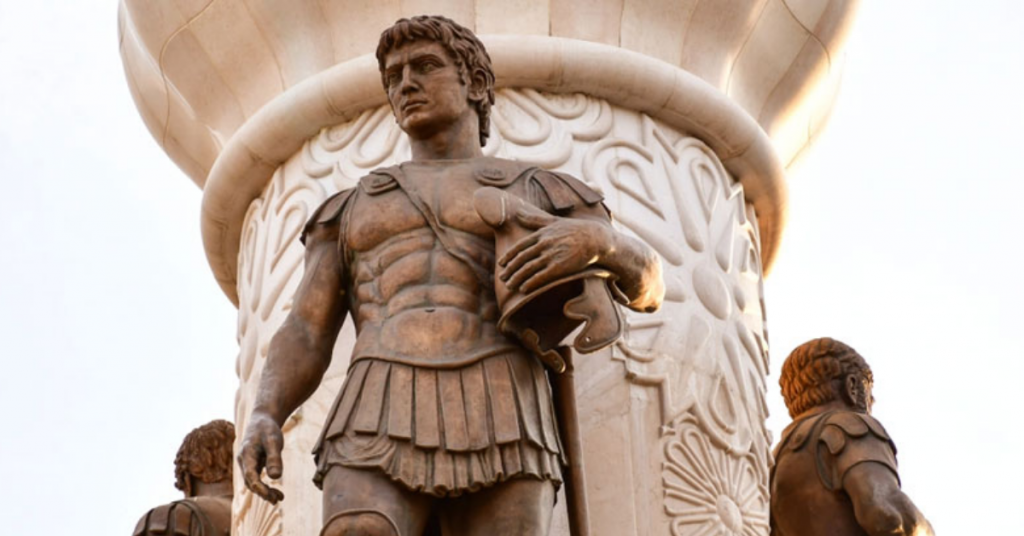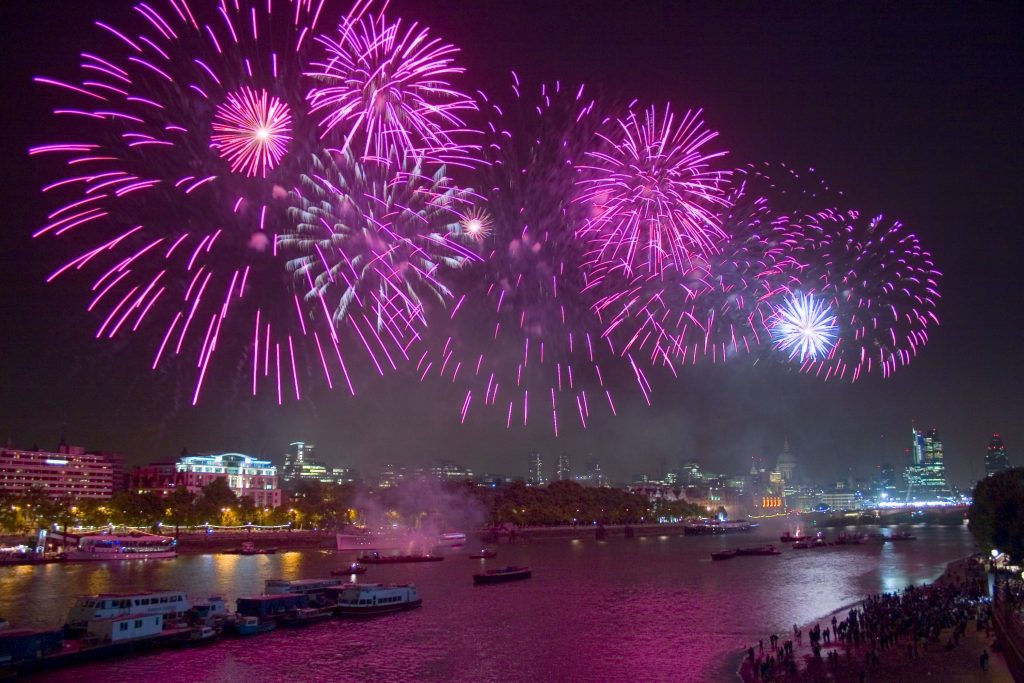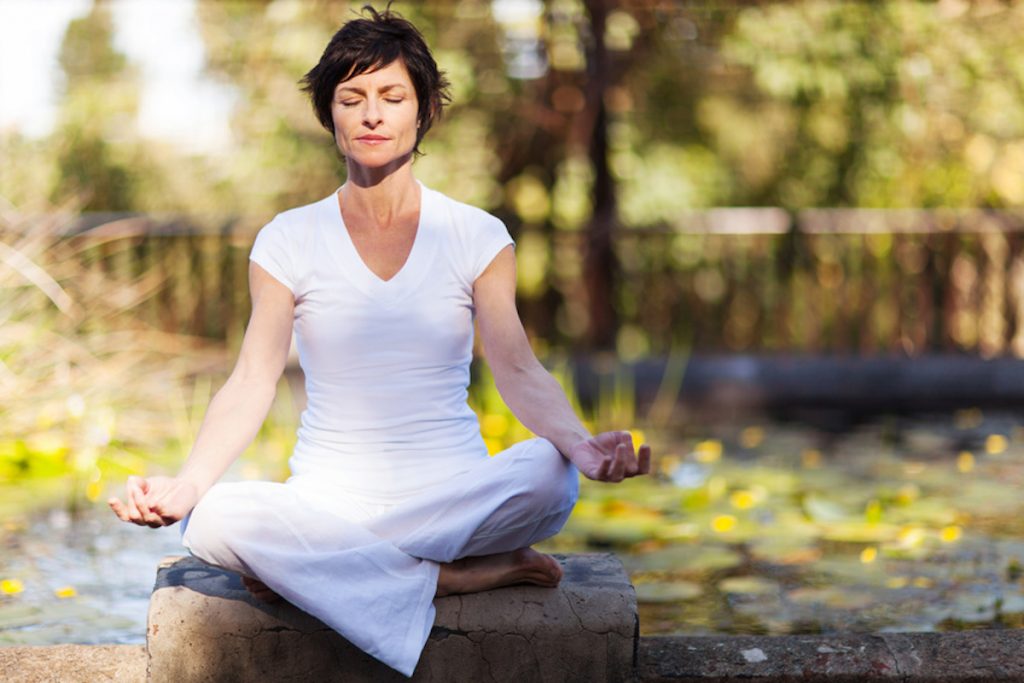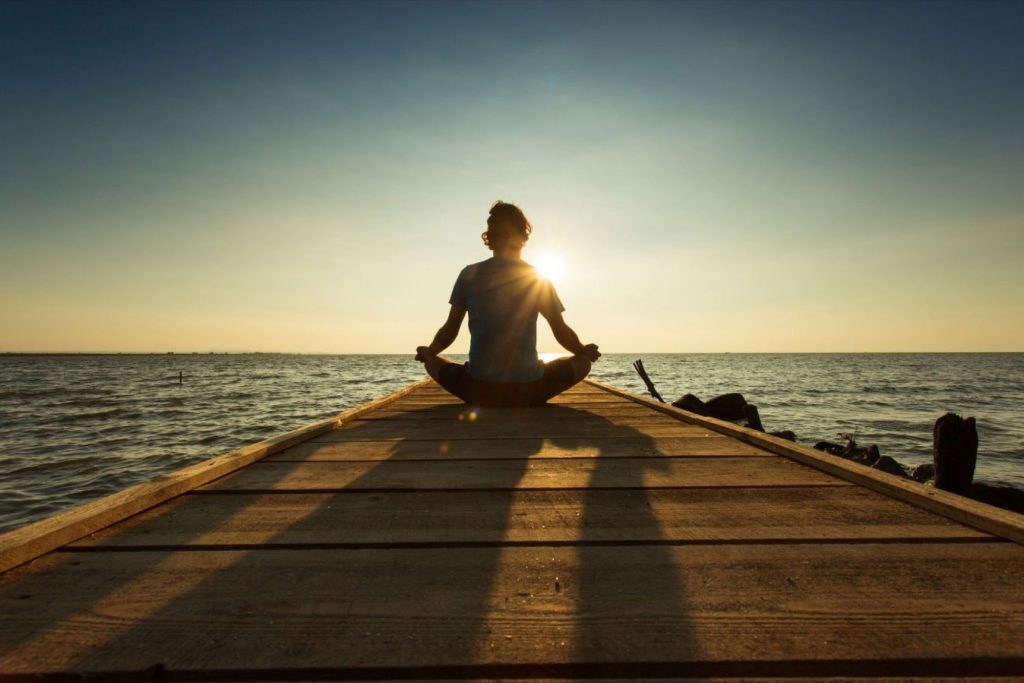
I thought it would be relevant to start this year\’s first newsletter with a lesson from another of history\’s renowned leaders, this one emanating from the other end of Eurasia in a little territory called Macedon around 2400 years ago.
It was then that a brilliant and precocious child, named Alexander, was born to Philip II, King of the ancient Greek kingdom of Macedon. A student of Aristotle, and an avid reader of Homer, Alexander ascended the throne aged 20 upon his father\’s death. He immediately went about securing their small empire, expanding throughout the region, before later conquering Persia and invading India, where he was forced to turn around on the banks of the Ganges (his troops began revolting about the prospect of further wars).
Alexander has gone down in history as possibly the greatest strategist of all time and is still revered as a master thinker. But what made Alexander \’Great\’ was not his thinking, but his decisiveness.
Very early on after taking the throne, Alexander took his army on the march to quell some troublesome city states who were getting a bit lairy now that this young pup was in charge. It was time for him to stamp his authority on the insolent rebels before his sphere of influence waned into disarray.
Whilst marching his extensive army across the ancient lands, his troops found themselves faced with a valley crossing that was vulnerable to ambush. Having not yet acquired total mastery of his craft, Alexander became hesitant and ordered his men to set-up camp whilst his scouts went in search of hidden enemies lying in wait.
The waiting continued for three days and once they had received the all clear, they packed up their camps and began the long march to victory.
Now the interested reader may consider his above move very prudent, but notAlexander. He was furious that they had wasted precious days in waiting, had squandered precious resources and supplies, had given his enemies three more days of preparation as well as destroying any hope of surprising his foe as to where and how many they were.
He strode forward and indeed met considerably more resistance than anticipated, and forever after vowed never to be cowed by the fear of the unknown.
His view was that even if his army had been ambushed, they were suitably well trained in the art of defence and retreat to be able to withstand such an attack. And the loss of a small number of soldiers was but a small price to pay compared with the loss of time, supplies and the element of surprise which had cost him so dearly. And of course, as he discovered on his many journeys, very few unanticipated attacks actually eventuated.
So how does this have relevance for us in our journeys? Well, firstly, he learned his lesson at the first time of asking. He didn\’t feel the need to keep repeating the mistake before he embraced change. Of potentially even more significance is the fact that we humanoids are constantly faced with decisions to make, and many times we don\’t know what may lurk around the corner. We have become accustomed to convincing ourselves that waiting is the best policy. What harm is there in waiting? We assume that delaying carries little cost, and yet in many cases the cost is very large. Windows of opportunity do not always stay open for very long, things lose their relevance. All the time we are circling in a holding pattern running through the same old repeated known, we are retarding our growth. And the longer we delay, the more insidious it becomes. All the while we could be experiencing an uplifting level of personal expansion, bringing fulfilment to both ourselves and all those around us.
And so what if not every act of decisiveness carries super favourable results? The reality is usually far more painless than the dark machinations of the mind would have us believe. By taking the leap, we suddenly find that we are indeed able to cope, and that actually, everything is going to be ok. This gives us strength. And with strength comes the courage to keep leaping into the unknown until eventually you no longer need courage. You simply sally forth with complete conviction, safe in the knowledge, as Alexander was, that success awaits us no matter what the outcome.
When you meditate each day, you give yourself access to that deep unbounded field that lies at the core of our being and this sharpens our intuition, it develops our courage, and it chips away at those sub-conscious elements that have been constantly holding us back. The more we do it, the more confident we can be that our decisiveness will bring rewards far greater than anything we can achieve within the status quo. By not giving the adversaries within us the opportunity to build their defences, we can more easily triumph over the dark forces we face and can become the master of all we survey.
And as you become ever more advanced, and you begin to discern the underlying mechanics of all manifest life, you start to become aware of just how costly the waiting tendency is. It is one of the most detrimental behaviours in which we can ever indulge.
And if you don\’t meditate, know that there is a tool out there that will sharpen all of your skills and allow you to master your capabilities so that you can begin effortlessly adapting to all of life\’s dynamic flow. It\’s no overnight miracle, but bit by bit you begin conquering your demons, and just like Alexander, the more successful you are, the more others begin rolling over in surrender and allowing you to claim that which is your natural birth-right: a happy and fulfilled existence.

The Benefits of Beeja Meditation
- Reduce stress and anxiety
- Greater clarity and calm
- Increase focus
- Enhance relationships
- Sleep better
- Feel energised



